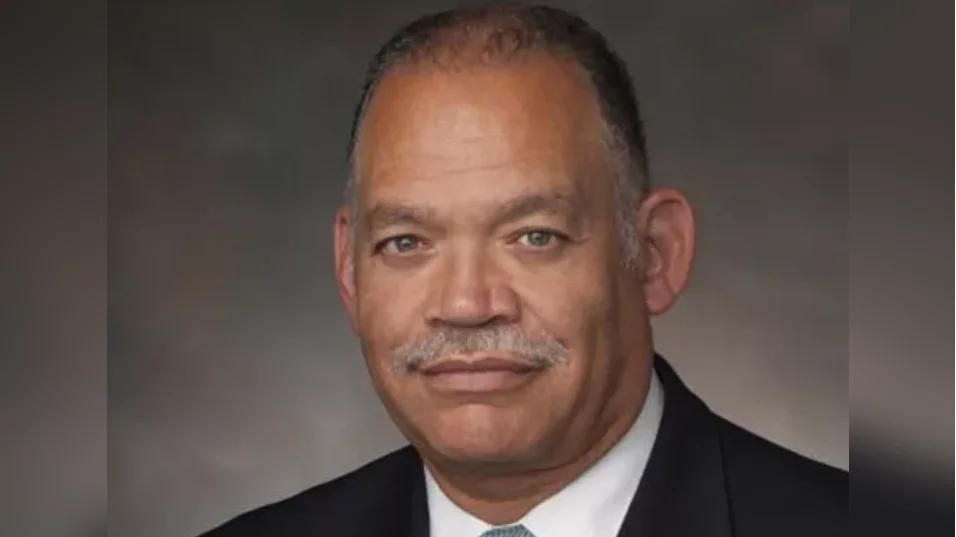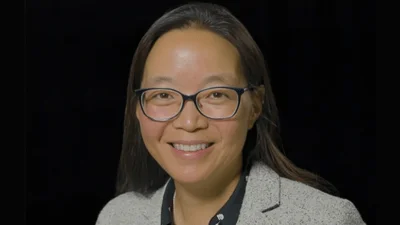Dr. Jack E. Daniels III President | Official website
Dr. Jack E. Daniels III President | Official website
Providing rural students access to higher education is crucial for maintaining vibrant and prosperous communities in Wisconsin. Madison College's regional campuses in Fort Atkinson, Portage, Reedsburg, and Watertown serve as neighborhood learning centers with deep community ties.
"Giving rural students access to higher education has never been more important to keep Wisconsin communities and businesses vibrant and prospering," said Shawna Marquardt, Dean of Regional Campuses at Madison College.
The regional hubs are known for their programs in nursing, manufacturing, and technology. They offer convenient access points for first-generation college students, returning students, and those in the workforce needing skill enhancement. The campuses also provide an affordable pathway to a four-year degree through transfer programs.
Technical colleges like Madison College play a vital role in sustaining rural communities. According to the Wisconsin Technical College System, 91% of technical college graduates live and work in Wisconsin. Additionally, 98% of employers believe that local technical colleges are essential for business success.
More than one-third of the population within the Madison College district resides outside Dane County, with 32% of current students also living outside this area. Data indicates that 92% of Madison College graduates remain in-state for work, with 75% staying within the district.
Madison College graduates significantly contribute to the workforce and local economy by supporting their communities' schools and businesses.
"We are part of the community," Marquardt emphasized. Last year alone, regional campuses hosted over 220 community events providing essential programming and facility space.
For instance, Madison College-Reedsburg’s Celebrate a Nurse 5K raised over $20,000 last May for nursing student scholarships with community support. This event attracted participants from various localities again in 2024.
Early college dual enrollment links high school students to college credits. In the last academic year, 4,843 high school students earned college credit through Madison College while still attending high school; 36% were from outside Dane County. These credits saved them more than $830,000 in tuition costs.
Middle school and high school students explore career opportunities during summer camps at Madison College Youth Career Discover Campus. For English as a second language learners, regional campus classes enhance communication skills necessary for employment opportunities and community involvement.
Madison College's industry partnerships address community needs while protective services programs support rural municipalities effectively.
"Madison College graduates are a critical part of the workforce in our rural hospitals," noted Marquardt. Hospitals such as Divine Savior Hospital in Portage have hired over 40 graduates each from Madison College within five years.
Participation in events like Farm Technology Days demonstrates commitment to Wisconsin’s agriculture industry by training technicians skilled in metal fabrication and machine tool operations.
Looking ahead, Madison College’s regional campuses will continue focusing on relevant programming tailored for rural communities while highlighting key events such as Metal Mania at Fort Atkinson or Skilled Trades Showcase at Portage on Sept. 25th next year.
"We will continue striving to strengthen our rural communities by advancing student needs through accessible programming," concluded Marquardt.
This article by Shawna Marquardt was originally published on Wiscnews.com as an op-ed piece.
---






 Alerts Sign-up
Alerts Sign-up